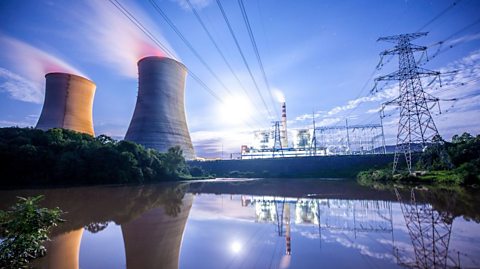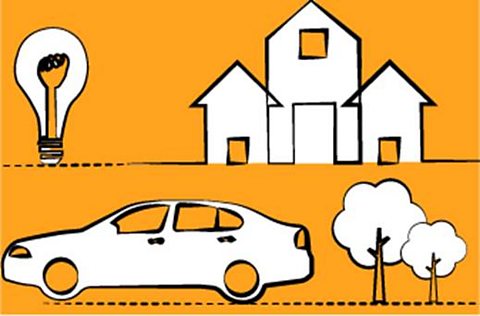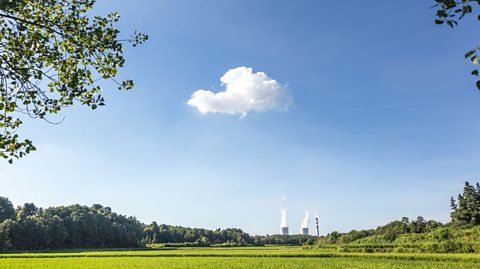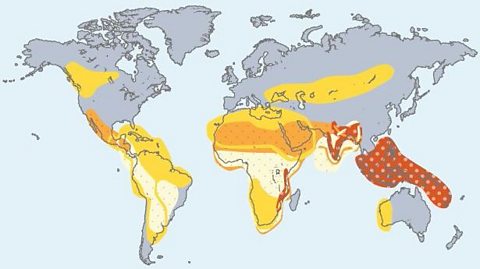Energy. We use it for travel, to light and heat our homes, and in industry to produce the stuff we buy.
But in the near future, how we generate, use and store it could look very different.
The UK has pledged to cut greenhouse gas emissions to “net zero” by 2050 - and this means big changes.
But what are the challenges of supplying reliable and affordable energy? What impact will it have on our lives and how much is it going to cost?
ґуПуґ«ГЅ News has looked at the latest research on energy and has translated it into a clear and comprehensive visual guide called . Here are four things you will learn from reading the Briefing on Energy.

1. We might need to rethink how we calculate our emissions
The UK currently accounts for about 1% of global greenhouse gas emissions.
Compared with the big emitters USA, China and India it looks like we are doing well, but any reduction would have a limited impact globally.
So what does “net zero” actually mean?
One thing the Committee on Climate Change (CCC) argues that in reaching net zero, the UK must not increase emissions produced overseas on its behalf.
Read more about how action on climate change is a .
2. We know carbon is the game-changer – but it’s not just about cutting it
You may have heard about rich celebrities paying to have their jet set lifestyles carbon offset - but is it possible to buy your way out?
From tree planting to extracting carbon from the air, it all sounds very simple, but methods of capturing and storing carbon are in the very early stages.
To have any real impact there would need to be major changes to how we heat our homes and how vehicles and businesses are powered.
These methods would of course mean big lifestyle changes and the adoption of new technology.
ґуПуґ«ГЅ Briefing has looked at , and how smart technology will play a big role in making us become more energy aware and energy efficient.

3. Electric vehicles have been around a lot longer than we think
Road vehicles emit more than 90% of the UK's transport-based CO2 and a ban on the sale of new petrol and diesel vehicles in the UK starts in 2040, with the Scottish government pledging and earlier ban in 2032.
Elon Musk, Founder and CEO of electric car maker Tesla, said the company "will not stop until every car on the road is electric."
But electric vehicles are nothing new. They have actually been around for almost two centuries.
Learn more about .
4. We don’t quite know who’s going to pay the lion's share of the energy revolution
The move to net-zero emissions by 2050 will need widespread change and investment - and providing secure reliable, safe and affordable energy for everyday life won’t come cheap.
In June 2019 Chancellor Phillip Hammond claimed the 2050 "total cost of transitioning to a zero-carbon economy is like to be well in excess of a trillion pounds” – but who foots the bill?
Electricity costs will likely increase and the impact on customers will depend on how overall costs are split between households, industry and government.
Discover more about .
ґуПуґ«ГЅ Briefing
Your downloadable guide to the UK's energy system and why it must change to meet climate pledges

How much do you really know about climate change?
We are always hearing about it in the news, but have you been paying attention?

Physical and human causes of climate change
Learn more about climate change and long term weather patterns on ґуПуґ«ГЅ Bitesize.
